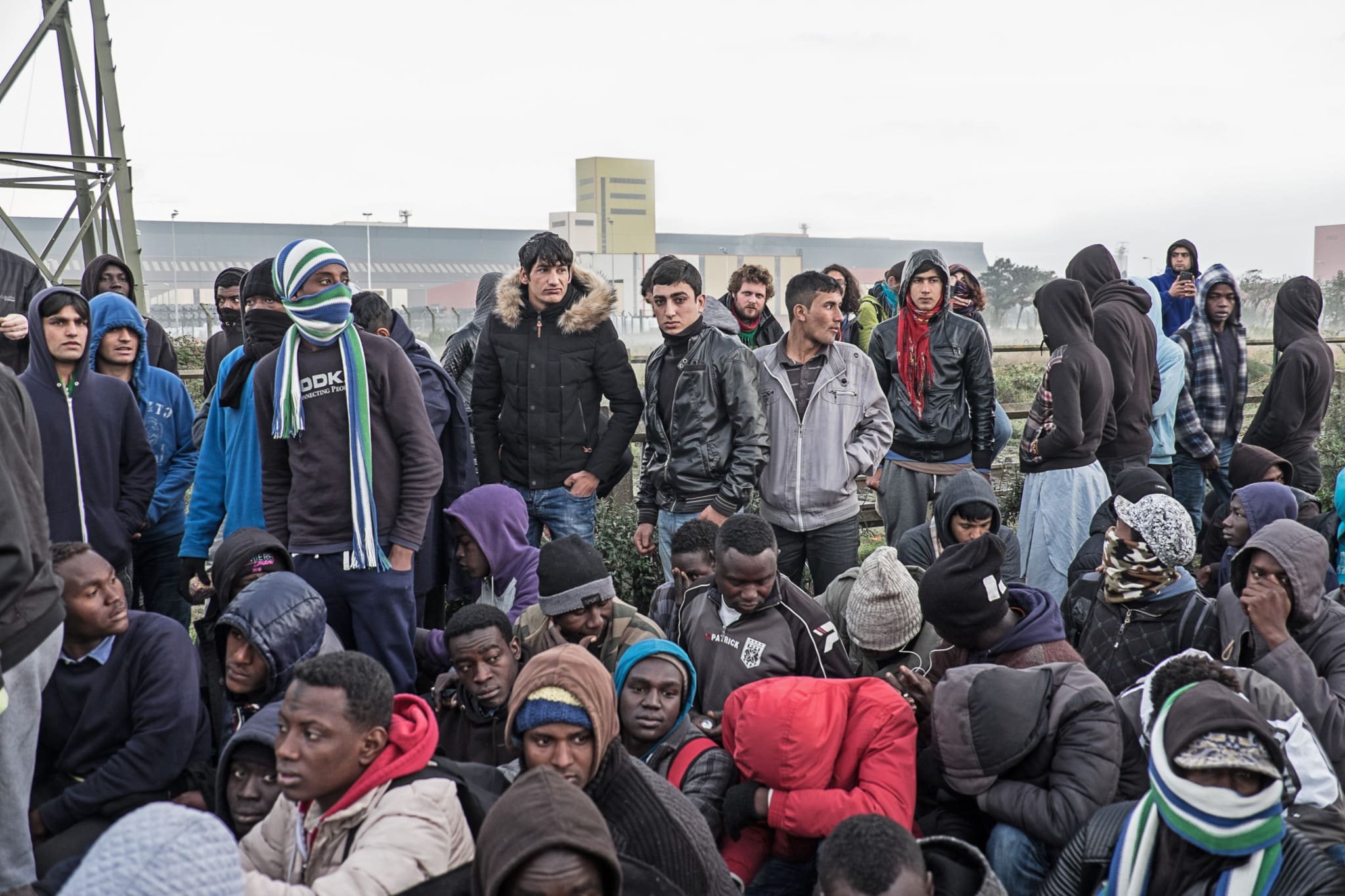Polish Prime Minister Mateusz Morawiecki has invited all parliamentary clubs and circles to discuss the European Union’s migration pact after growing increasingly concerned about the efforts of the European Commission to introduce a mandatory mechanism for the relocation of immigrants.
Brussels is attempting to quash the dissent ruminating from Hungary and Poland over the controversial migration reforms, and EU Commissioner for Home Affairs Ylva Johansson reiterated this week that, under the principle of solidarity, if a country does not engage in relocation, it must pay.
“Poland unites us, and we can speak with one voice in Europe. The mandatory relocation mechanism threatens Poland’s security,” Morawiecki tweeted on Wednesday, referring to Commissioner Johansson’s remarks on financial penalties.
Johansson visited the Italian island of Lampedusa on Tuesday where hundreds of migrants from North Africa arrive. During a press conference at the hotspot, the EU commissioner stated that migration “is not just a challenge for Italy but for Europe.”
She considered a recent summit in Brussels a “great success” and stressed that only two countries, Poland and Hungary, opposed the proposed measures regarding the relocation of migrants.
“The relocation proposal is not obligatory, but solidarity is,” clarified Johansson, emphasizing that solidarity is now mandatory through legislation. Non-compliant countries, including third-party nations, will be subject to financial penalties, she added.
“We have learned that achieving voluntary cooperation is challenging, but we strive for long-term and secure processes,” Johansson concluded.
She partially retracted her comments regarding “mandatory solidarity” on Wednesday, leading former Polish prime minister and current PiS MEP Beata Szydło to accuse her on Twitter of clumsily manipulating her words from the day before.
Szydło said Johansson claimed on Tuesday that the rules of the migration pact apply to all EU countries, despite the opposition of Poland and Hungary in the European Council during the summit last week.
“The migration conclusions were not accepted, which means new regulations should not be implemented within the EU system. However, Brussels officials are establishing their own rules outside the European Treaties, expecting all EU countries to comply,” Szydło assessed.
She further emphasized that this approach contradicts the notion of “European solidarity” invoked by the European Commission, calling it a denial of solidarity and a path toward lawlessness in the Union.






